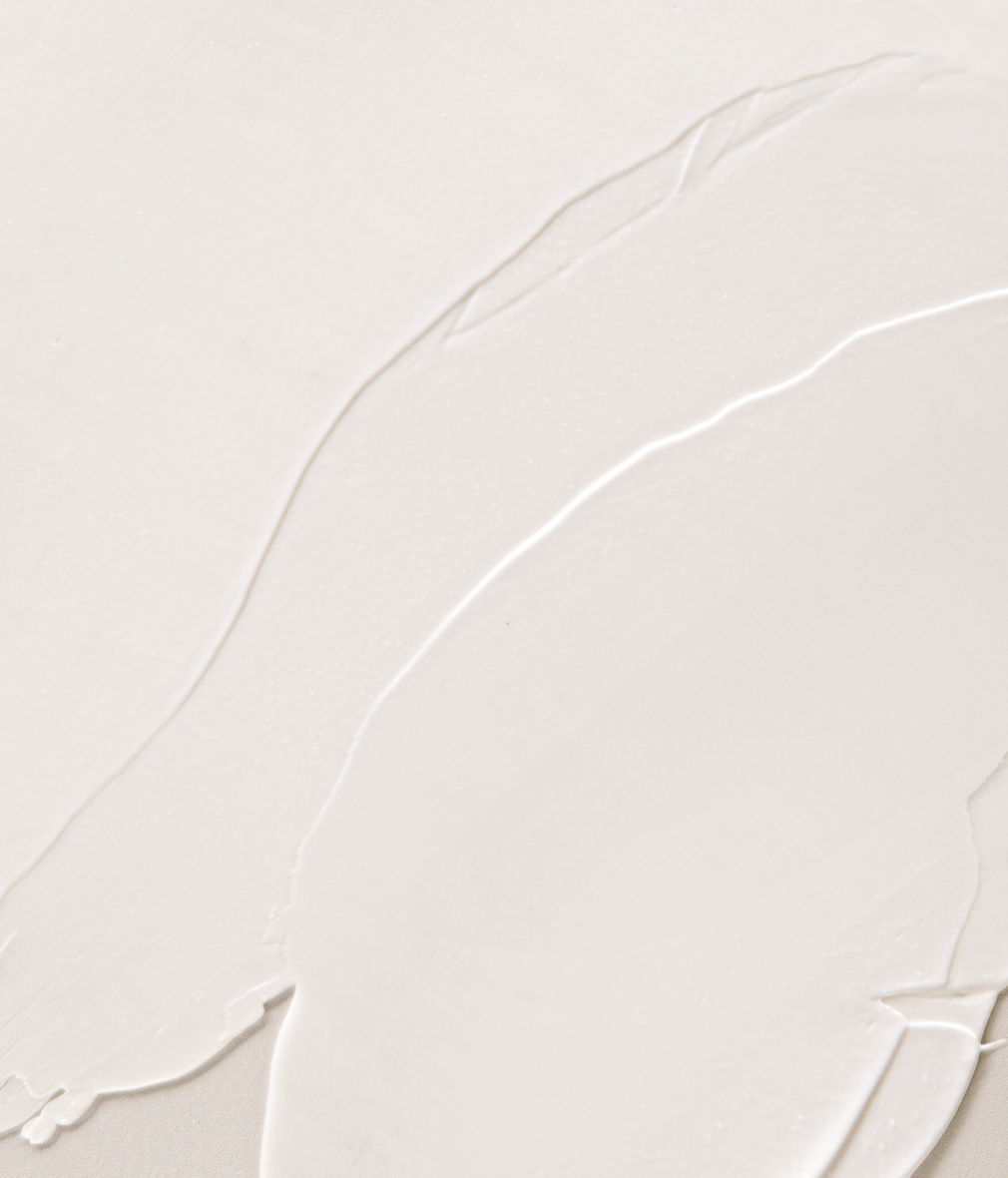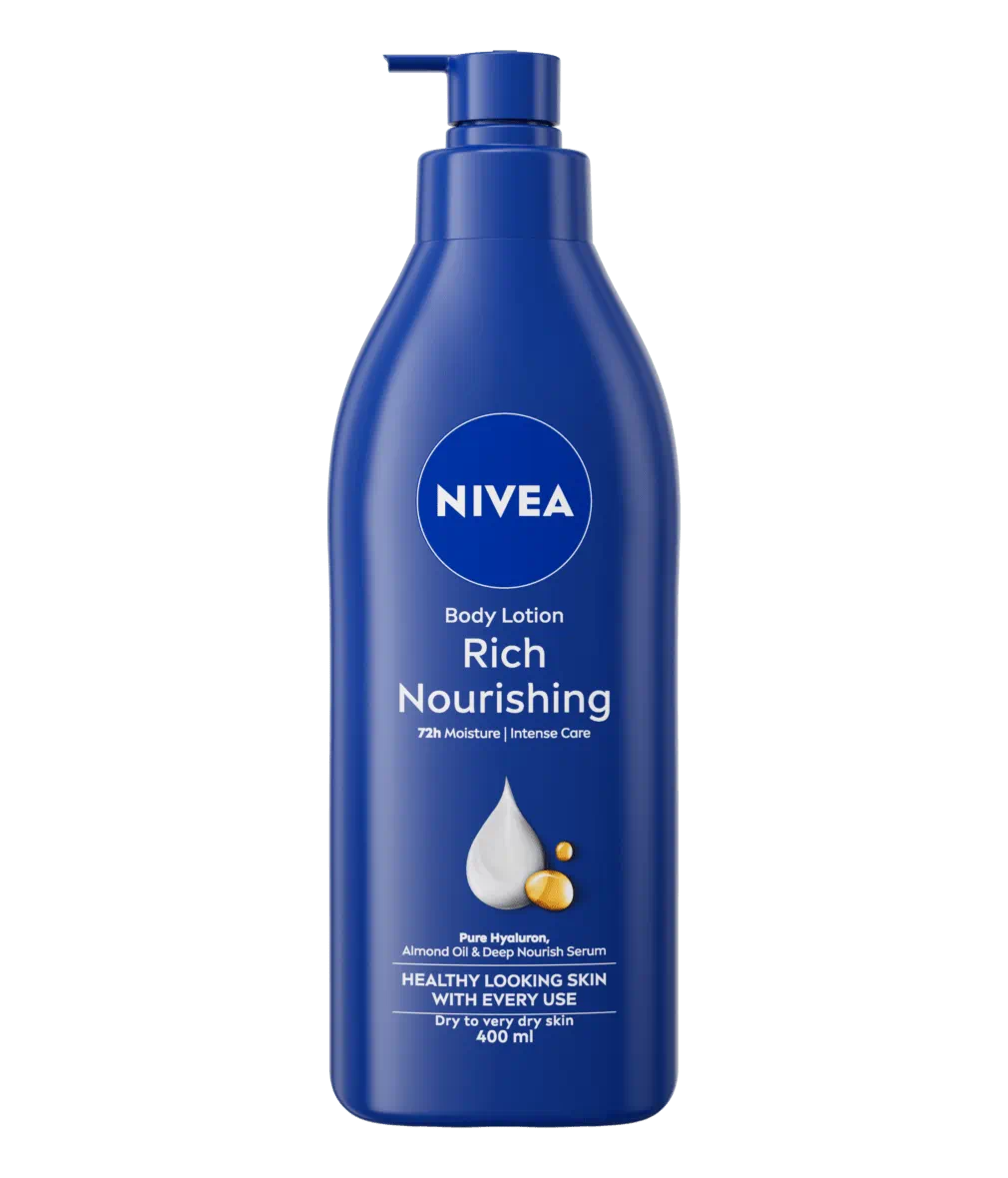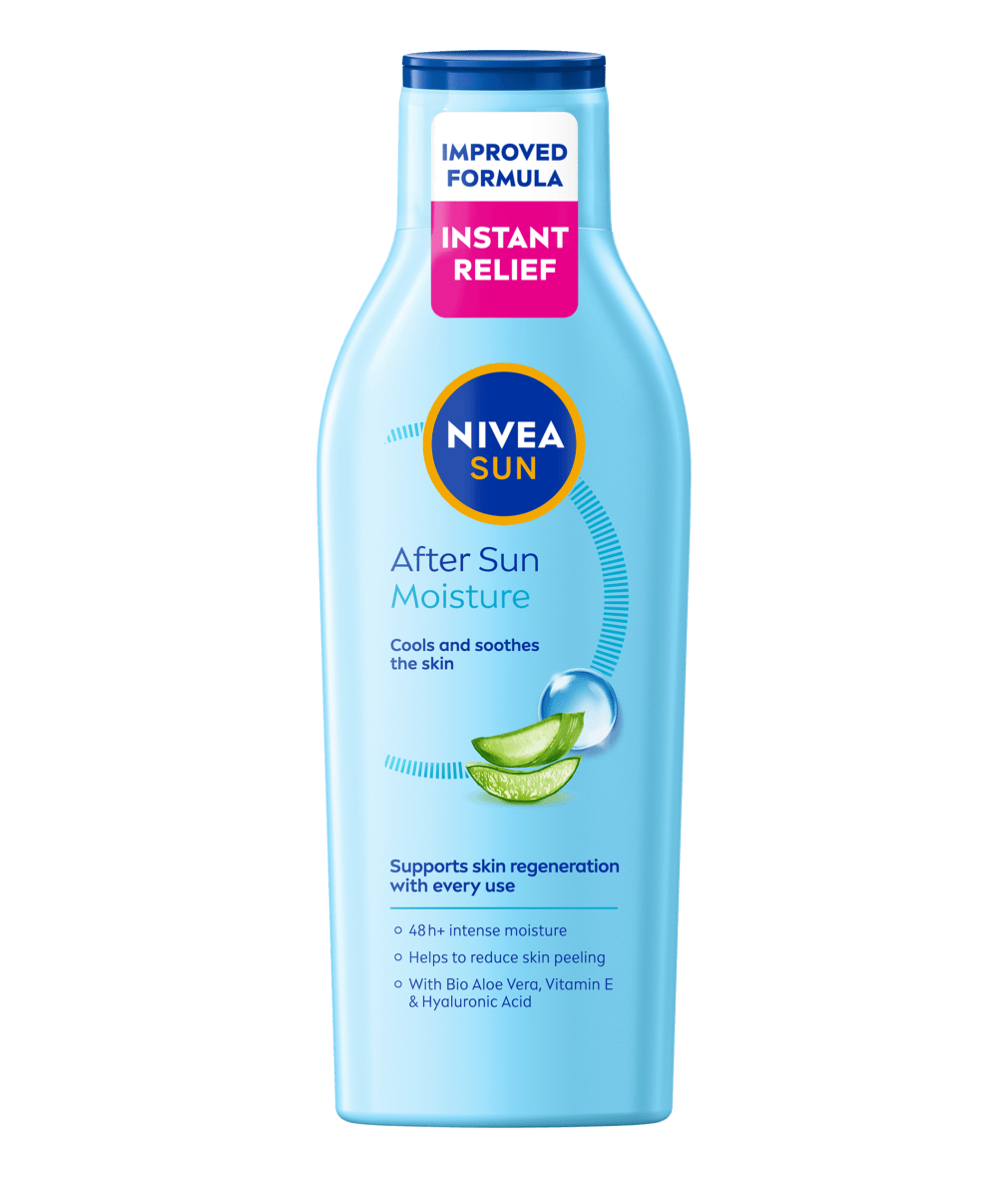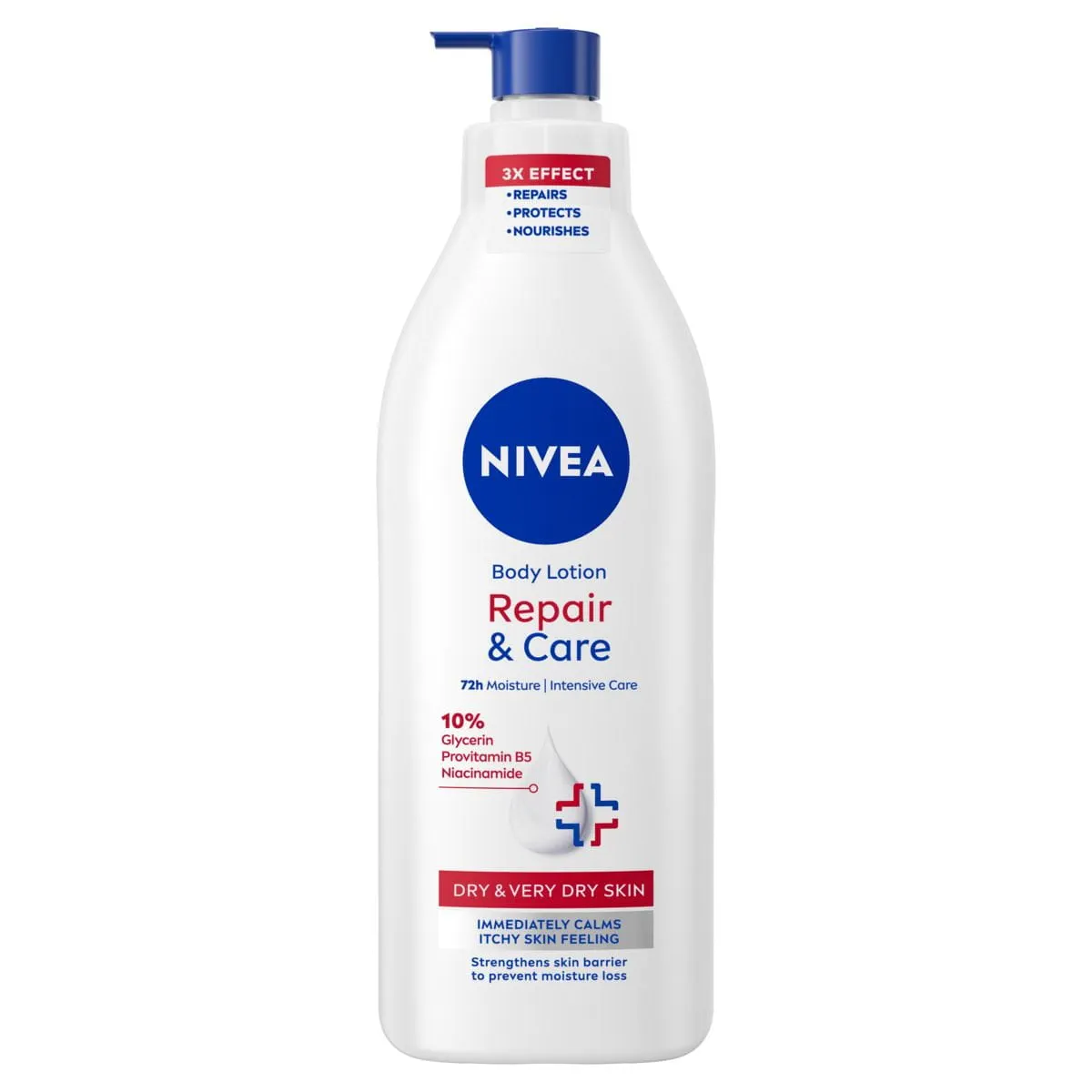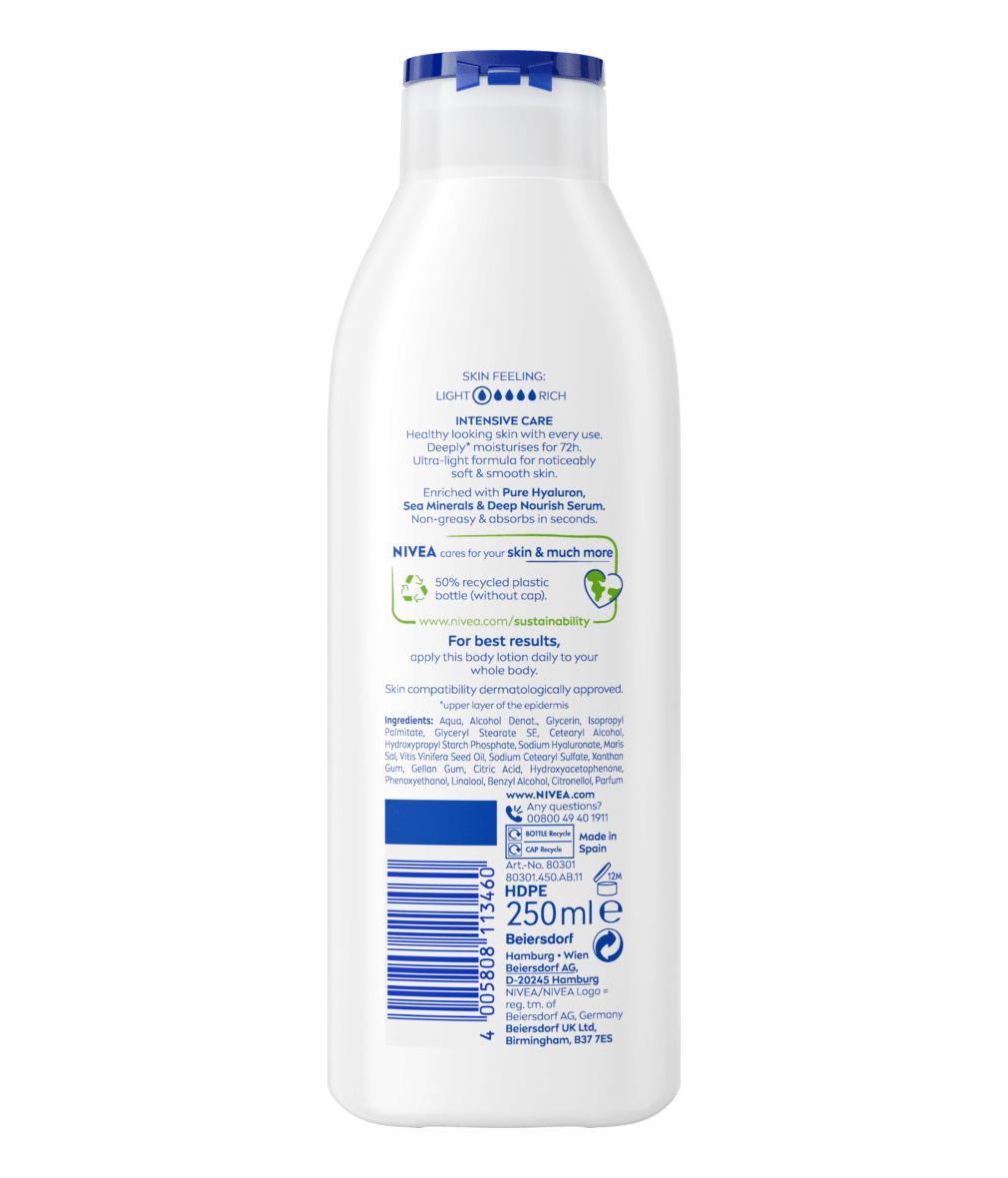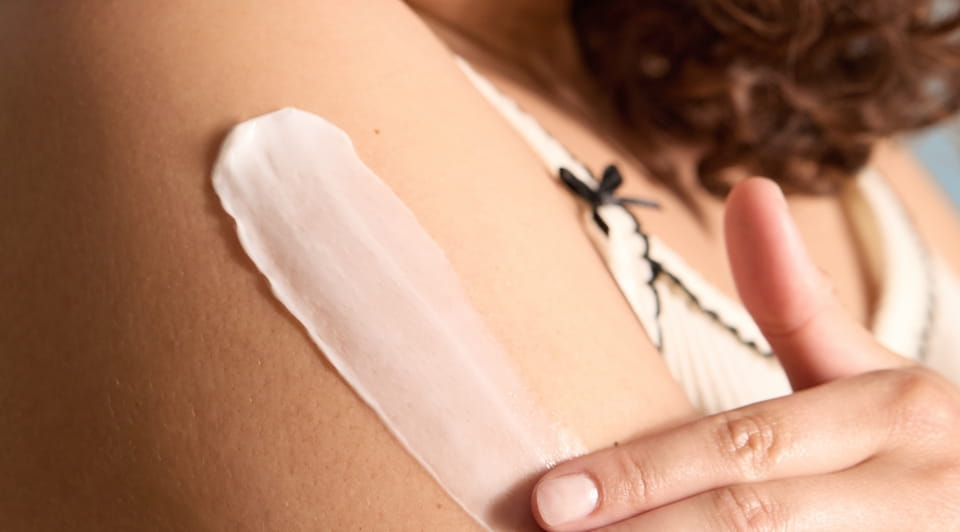
Itchy Skin Causes & Tips
Discover what causes itchy skin and our tips for reducing them, with insights from Marcus Favaro, Lab Manager, NIVEA Body Care.
What is Itchy Skin?
While occasional itchiness is normal, if it persists or becomes severe, it could indicate an underlying issue that requires attention. Be sure to seek medical attention if this is the case. Understanding the causes and finding the right treatment can help manage and alleviate discomfort.
Is your skin itching on your face, your body or all over?
The Body
One of the most common itchy skin causes is dry skin, seasonal allergies or when your skin has been in contact with an irritant. Other itchy skin causes for the body may be related to bug bites such as mosquitos, spiders or other insects, these bites are so small it is common not to see them but experience the itching. Bug bites like this are usually nothing to be worried about, however, if the itching persists, we recommend you see a doctor for further examination.
Itchy legs are especially common in colder months due to dryness, shaving, or tight clothing, and can often be soothed with a rich moisturiser. Itchy hands, on the other hand, may result from frequent washing, exposure to cleaning products, or even seasonal dryness, and benefit from gentle, fragrance-free hand creams.
The Face
Itchy skin on the face is most common in the winter, this being due to the cold dry air which can lead to dry irritated skin on the face. Seasonal allergies or environmental allergies can cause itchy skin all over, specifically an itching on the face. Other causes for itchy skin on the face are food/medication allergies as well as rosacea which is a skin condition that causes itching and tingling on the cheeks.
All Over
Itching all over the body can be linked to skin disorders such as eczema, xerosis or others. However, it can also be linked to infections or more serious underlying diseases, such as liver disease, kidney disease, diabetes, thyroid problems, anaemia or lymphoma. In all cases, it is advisable to have an examination to determine the cause and obtain appropriate treatment.
What causes itchy skin?
Dry Skin:
One of the leading causes, especially in colder months. When skin loses moisture, it can become tight, flaky, and irritated, leading to persistent itching.
Allergies:
Seasonal allergies, food sensitivities, or reactions to certain skincare products can trigger itching. Your skin may react to pollen, dust, or even specific ingredients in soaps or lotions. If you're experiencing persistent or severe itching, it's important to seek professional medical advice.
Skin Conditions:
Conditions like eczema, psoriasis, and hives can cause itchy, inflamed skin. These conditions may require special treatment to soothe and repair your skin.
Infections:
Fungal infections, bacterial infections, or even viruses like chickenpox can lead to intense itching. It is important to consult your doctor about the treatment of these illnesses.
Environmental Factors:
Exposure to harsh weather, such as extreme heat or cold, can make your skin dry and itchy. Similarly, too much sun exposure or chlorinated water can leave your skin feeling irritated.
Itchy skin but no rash?
Itchy skin at night?
- Natural causes
- Medical causes
How to stop itchy skin from occurring
For the environment you expose your skin to, you should avoid extreme temperature changes, the optimal conditions to avoid itching skin are a neutrally humid environment. If you are prone to dry skin and eczema, then a humidifier during winter is recommended.
The clothes you wear can help to stop itching, we advise you to wear loose-fitting, cotton clothes as well as avoid fabrics such as wool and synthetic materials. These can irritate the skin further and lead to intense itching, especially for those with sensitive skin.



